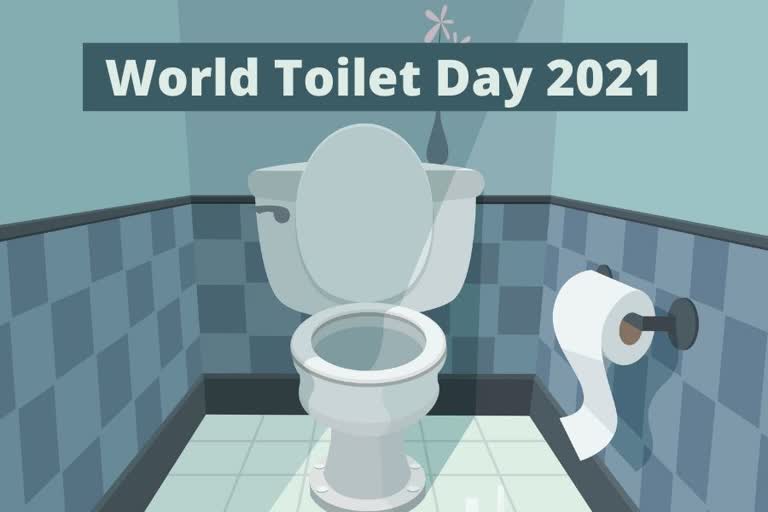"Who cares about toilets? 3.6 billion people do. Because they don’t have one that works properly," states United Nations (UN). There are still many people who do not have access to clean and proper toilets, particularly those living in rural areas. Unfortunately, they defecate in open grounds, which leads to many hygiene issues and diseases.
World Toilet Day was enacted by the World Toilet Organization in 2001 and after Twelve years since then, in 2013, the UN General Assembly declared World Toilet Day an official UN day.
The theme this year is ‘valuing toilets.’ UN states that the campaign draws attention to the fact that toilets – and the sanitation systems that support them – are underfunded, poorly managed or neglected in many parts of the world, with devastating consequences for health, economics and the environment, particularly in the poorest and most marginalized communities.
If we take the example of our country, many people use public toilets which are not clean and highly unhygienic. The burden of infections and diseases due to unhygienic sanitary practices majorly falls on girls and women, especially during menstruation and pregnancy. They are highly vulnerable to vaginal infections and Urinary Tract Infections (UTIs), if they use dirty toilets, especially when they are menstruating. People too are careless at times. Not washing hands before cooking, eating or after using toilets can affect health in a negative manner. Some do not even have access to clean drinking water, which is even more worrisome.
The UN mentions that Globally, at least 2 billion people use a drinking water source contaminated with feces. Every day, over 700 children under five years old die from diarrhoea linked to unsafe water, sanitation and poor hygiene.
The World Health Organization (WHO) states that open defecation perpetuates a vicious cycle of disease and poverty. The countries where open defection is most widespread have the highest number of deaths of children aged under 5 years as well as the highest levels of malnutrition and poverty, and big disparities of wealth.
Benefits Of Improving Sanitation
WHO explains the benefits of improved sanitation extend well beyond reducing the risk of diarrhoea. These include:
- reducing the spread of intestinal worms, schistosomiasis and trachoma, which are neglected tropical diseases that cause suffering for millions;
- reducing the severity and impact of malnutrition;
- promoting dignity and boosting safety, particularly among women and girls;
- promoting school attendance: girls’ school attendance is particularly boosted by the provision of separate sanitary facilities; and
- potential recovery of water, renewable energy and nutrients from fecal waste.
Although since the beginning of the Swachh Bharat Mission in India in 2014, many rural households now have access to clean toilets at home. However, there are still many people who are deprived of it. Therefore, it should be the priority for both, the government and non-government organizations to ensure access to clean toilets by the rural population as well as campaigns should be carried out to make people aware of hygiene practices. Also, let us all pledge to put in efforts to make the world free of open defecation.
Also Read: Understanding The Need Of Nail Hygiene Post COVID-19 Pandemic



